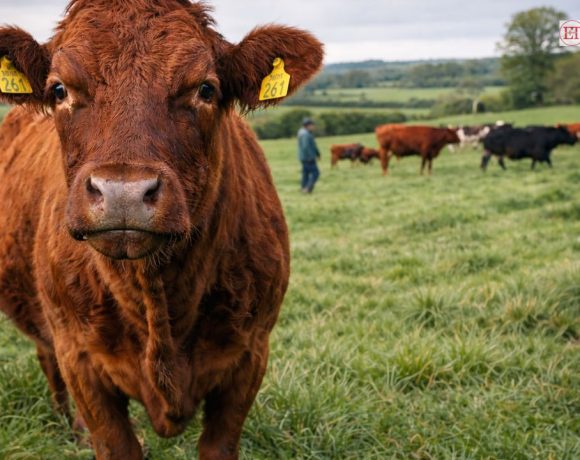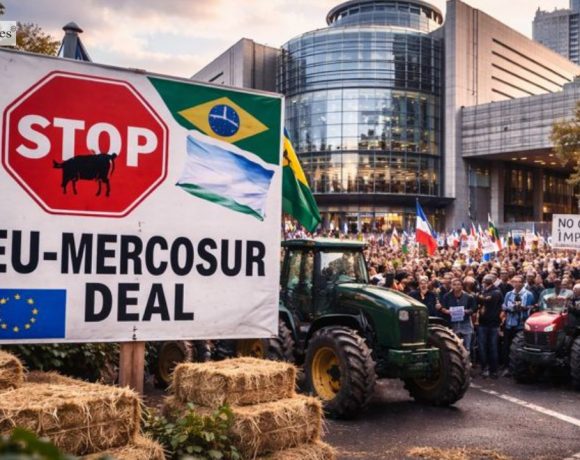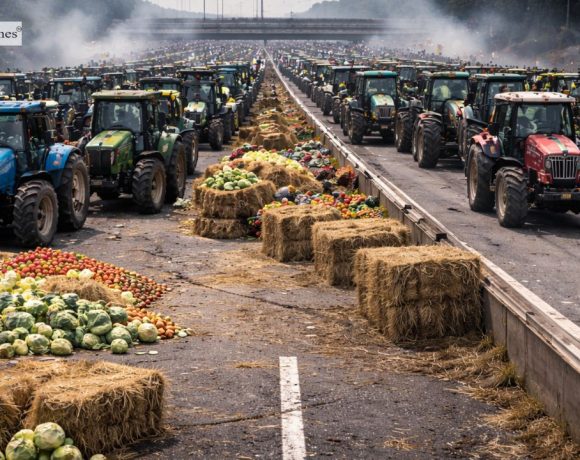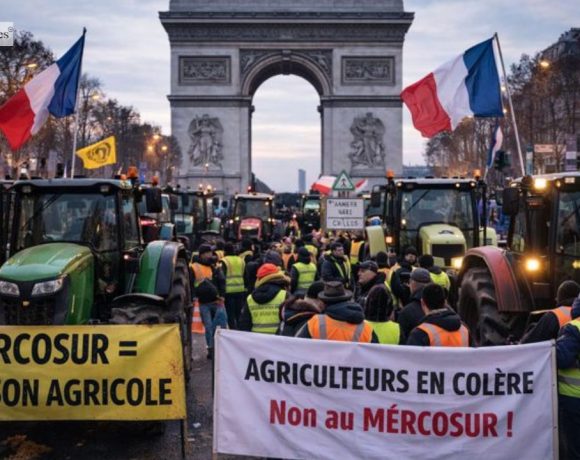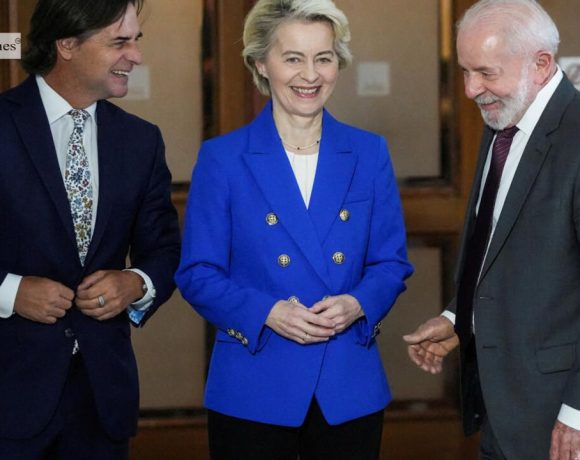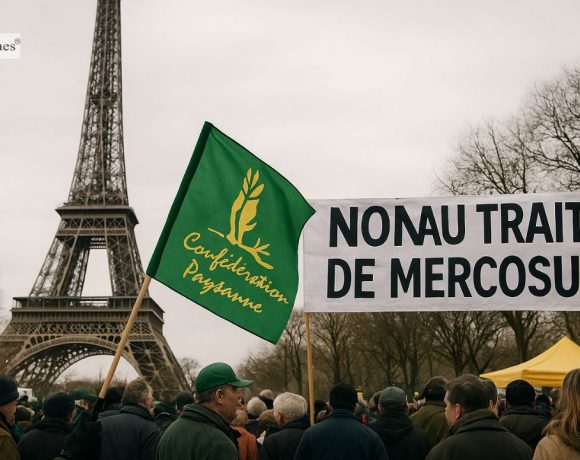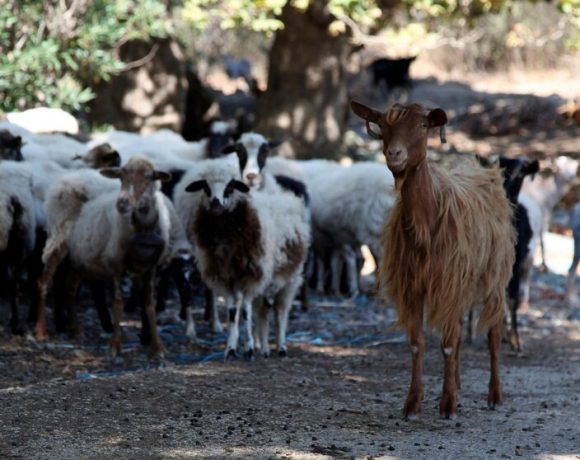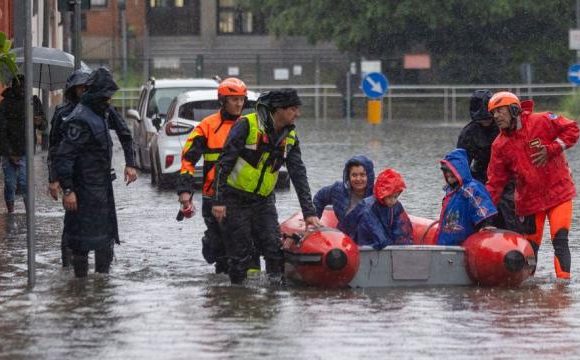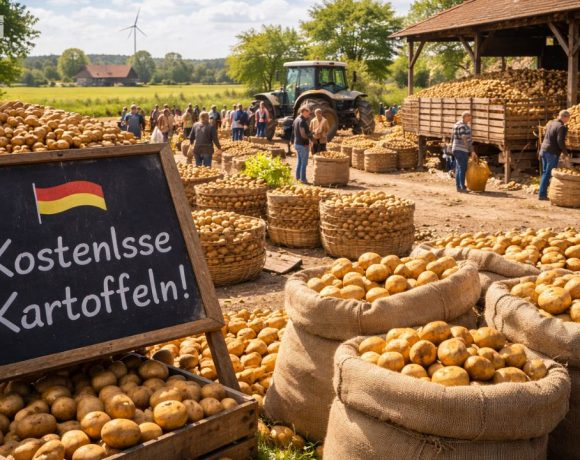
A German farm in the eastern state of Saxony has begun giving away millions of potatoes for free after a bumper harvest left the market oversupplied. Dubbed “the great potato rescue,” the initiative aims to prevent around four million kilograms of surplus potatoes from going to waste. Since mid-January, truckloads of potatoes have been transported to Berlin, where residents, food banks, schools and churches have benefited from the giveaway.
Germany, the European Union’s largest potato producer, saw last year’s harvest saturate the market, prompting Osterland Agrar to seek alternatives after a customer contract was cancelled. Partnering with the Berliner Morgenpost newspaper and eco-search engine Ecosia, organisers said the project was about highlighting the value of potatoes as food rather than discarding them. The farm has already distributed about 500,000kg across Germany and Ukraine and can store the remaining stock until mid-year.
The campaign has not been without controversy. The Brandenburg Farmers’ Association criticised the initiative as a “disgusting PR stunt,” warning it could disrupt local markets and devalue food. Despite mixed reactions, the potato giveaway has drawn widespread attention, reflecting Germany’s long-standing culinary love for the humble tuber. Funding for the Berlin operation is now running low, with only one more delivery expected once weather conditions improve.
Pic courtesy: google/ images are subject to copyright

